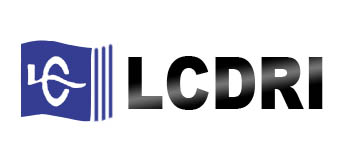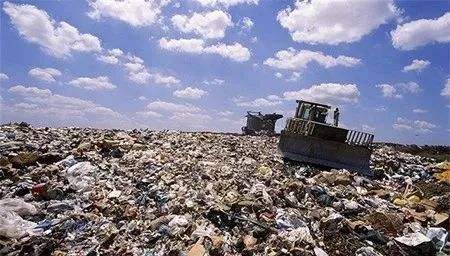1. Based on multiple environmental elements of water, gas, soil, and solid waste, a total element system promotes the prevention and control of solid waste pollution
Emphasize “Take waste to treat waste and turn waste into treasure”, from the perspective of “three wastes” coordinated governance, a full-element system promotes the prevention and control of solid waste pollution, and solves the long-term problem of “recycling and uneconomical” that has long been excessively high corporate costs and market-oriented operations. Dilemma. Relevant scientific research units and solid waste generation, comprehensive utilization, and disposal units have carried out joint research on comprehensive pollution diagnosis, process optimization, and multi-factor coordinated management, and coordinated solutions to the recycling of wastewater, exhaust gas, waste heat, steam, and sludge during the disposal process , To realize all-element intelligent environmental management from planning and design, construction, production and operation to intelligent monitoring, intelligent management, and intelligent emergency response.
2. Based on the key points, difficulties, and pain points, establish a market-oriented multi-subject and multi-cooperative co-governance system
First of all, focus on key industries, carry out basic research on the comprehensive utilization of red mud, tailings, medical waste and other key products and transform technological achievements, highlighting precision pollution control, scientific pollution control, and pollution control according to law.
Second, strengthen demand orientation, strengthen guidance and assistance to local governments, and effectively solve the plight of local governments and enterprises that they are afraid of central environmental inspections but “have ideas but can’t help them.”
Finally, highlight co-governance and sharing. First, strengthen resource coupling, raw material complementation, and ecological links between related industries, and realize the transition from “single governance” to “comprehensive utilization”; second, strengthen regional coordination and abandon regional “administrative management”. Establish the concept of “regional co-governance”, and coordinate to solve the pain points of “no land available” in big cities and “not enough food” in the disposal facilities of surrounding cities; third, learn from the experience of the Yangtze River water ecological protection compensation pilot program, highlighting operability and appraisal, Based on the results of the grading assessment, establish a market-oriented horizontal compensation mechanism for waste transfer and disposal across regions according to local conditions; fourth, benefit the public to increase public participation, build public facilities around the waste incineration plant, provide preferential electricity prices, and solve the “neighbor avoidance” effect”.



